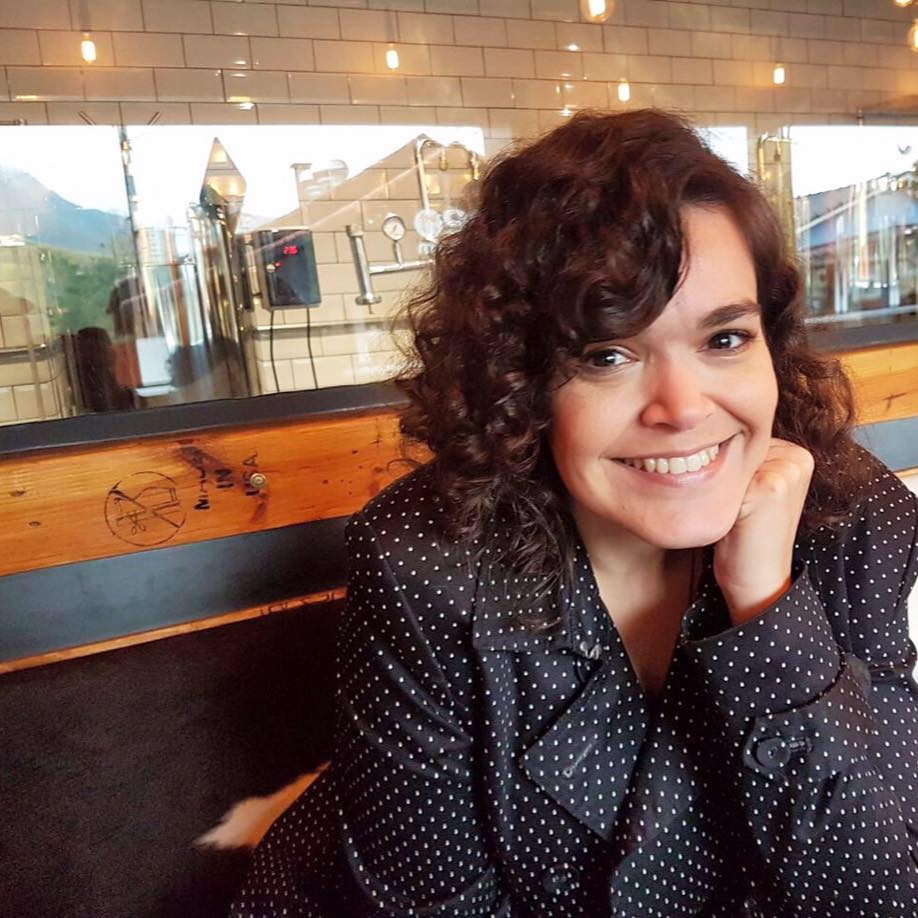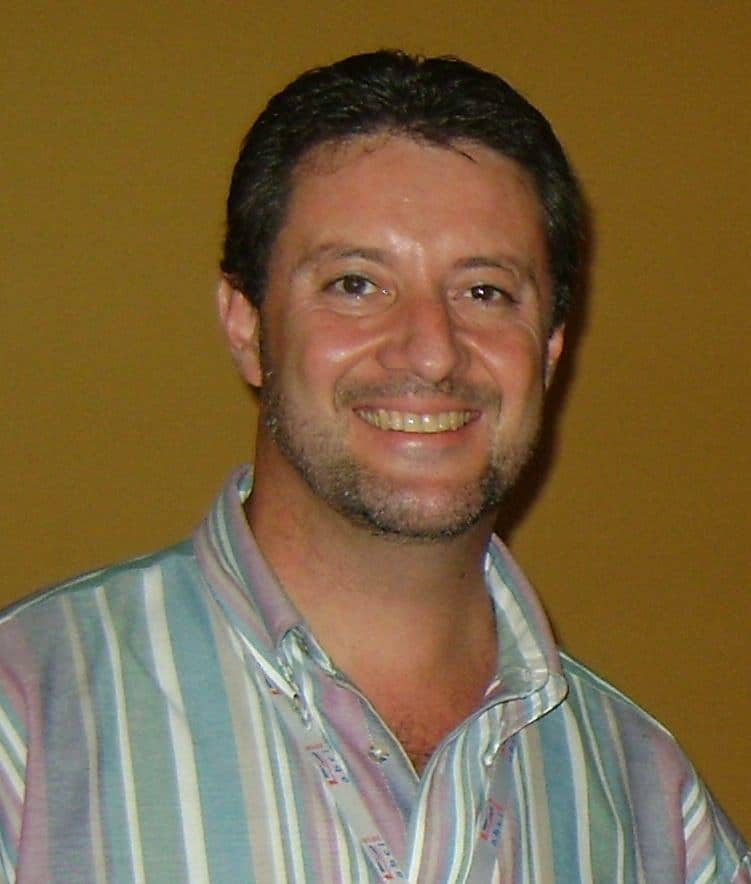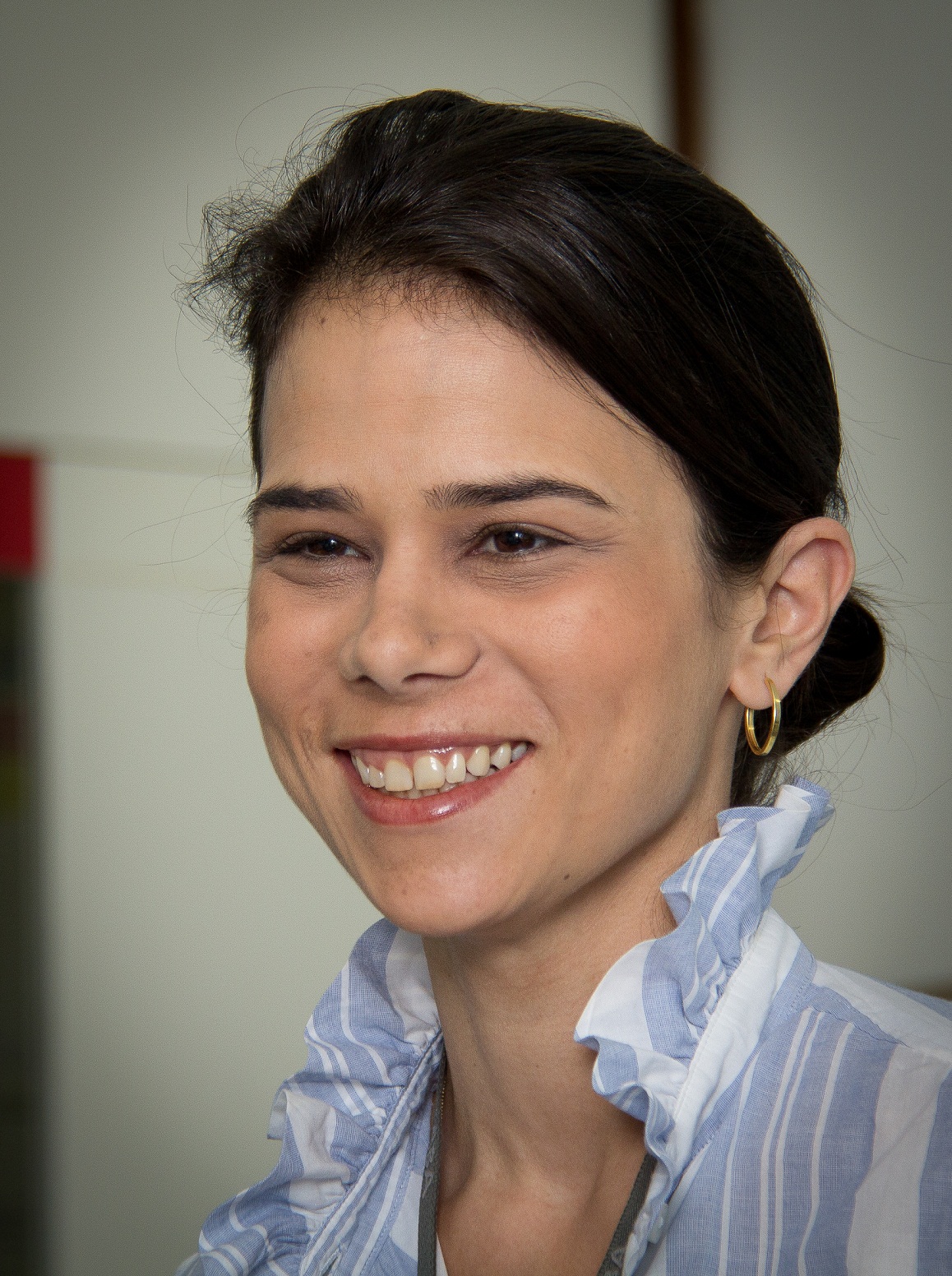Can we find a voice by exposing our fears?
Confession: for most of my adult, academic life I have always feared being discovered as a fraud. I even used to phrase it as this: I am afraid that one day people will find out that I am not as good as they think. I remember saying this many times, to close friends, to advisors, to myself. I did not know, at the time, that there were many people that felt like me. So many that there were studies related to this feeling.
On one of my favorite episodes from Seinfeld, the comedian opens the show by making fun of a 1973 study from R. H. Bruskin Associate’s American Fears. It stated that, when asked, people would say their biggest fear was speaking in public. The irony in that was that ‘death’ came in second on the list. Jerry Seinfeld concludes the anecdote by saying, “this means to the average person that, if you have to be in a funeral, you’d rather be in the casket than doing the eulogy“.
I could easily digress about the more than many knee-slapping moments coming out of this scene ever since I started watching the show, in the late 90s. However, never had it occurred to me – to this date – that I have been, for most of my life, one of these average people from the study. I’d laughed at myself all these years.
But this is not a post about public speaking. It’s about exposing yourself. Showing yourself to the world. I am an ELT professional. I’ve been in and out classrooms since 2004, teaching from kids to adults, from elementary to CPE-level students. I have taught English, English History, Literature, Translation Studies. And yet, I feel I am constantly sabotaging myself whenever a new conference is announced. Isn’t it sad, and may I also risk here, symptomatic, that more than 20 years after that Seinfeld moment was recorded, our top biggest fears continue to include exposure?
I started to do some research. The article “The Impostor Phenomenon in High Achieving Women” (Clance & Imes, 1978) was one of the first to identify this fear as something maybe more serious than it seems: “Unlike men, who tend to own success as attributable to a quality inherent in themselves, women are more likely either to project the cause of success outward to an external cause (luck) or to a temporary internal quality (effort) that they do not equate with inherent ability”. The Impostor Phenomenon can paralyze us, prevent us from moving forward and from trying out new positions in our professional life. I saw a light. But what should I do, now that I know?
A couple of months ago, at a SIG conference from Braz-TESOL, in São Paulo, I sat there and listened to two great women talk about my biggest fears. Bruna Caltabiano and Bia Hedegaard rubbed in my face, with a lot of love, that the only thing preventing me from moving forward in my career was myself. It got me thinking: why would teachers feel scared of exposure, when our everyday life consists of being in front of a class and guiding students into becoming better speakers themselves?
The answer, I’d say, is to reprogram yourself. I started to think about it day and night, all the time. Why am I not there? Why do I feel I cannot be there? And, suddenly, I began to find answers.
We need to stop thinking “it went wrong” and start thinking “what can I learn from this?”. We need to see the whole picture every time something doesn’t go the way we planned and analyze from that perspective. Was it really that bad? We need to be kinder to ourselves: no one is perfect. Other people make mistakes too. And we need to talk about it. We need to know that we are not alone. That fear of exposure is one of the Top 5 fears. That it’s OK to be scared. That chances are everyone’s scared.
And then we hold each other’s hands. We feel ready. And, by exposing ourselves, we find a voice.
REFERENCES:
Seinfeld video: https://www.youtube.com/watch?v=yQ6giVKp9ec
Clance & Imes’s 1978 article: https://www.paulineroseclance.com/pdf/ip_high_achieving_women.pdf





